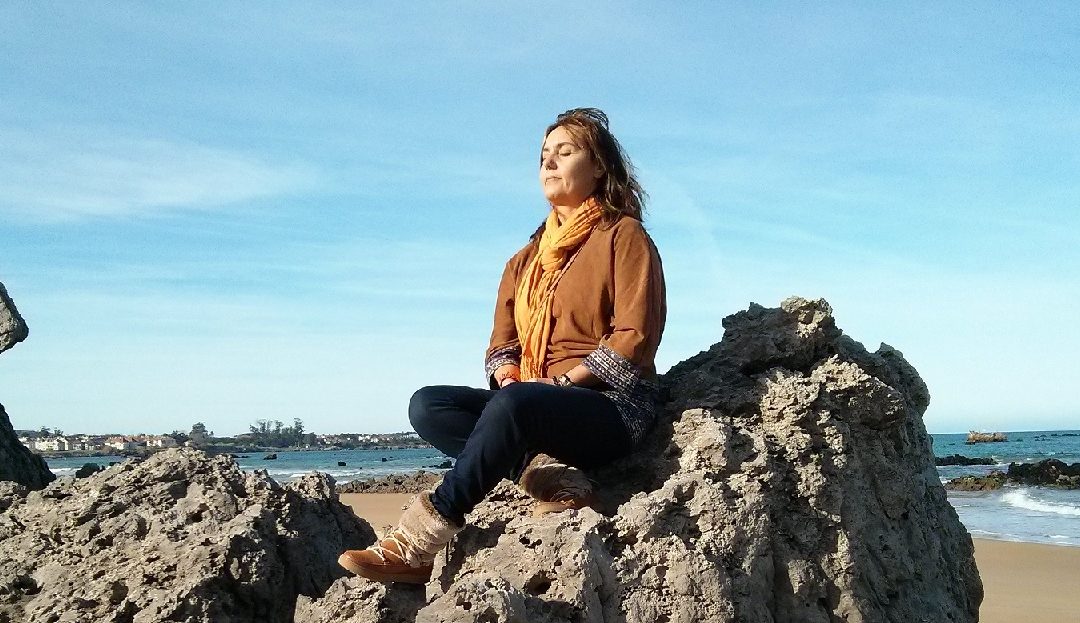
El placer de meditar aprendiendo español. The pleasure of meditating while learning Spanish.
El placer de meditar aprendiendo español
The pleasure of meditating while learning Spanish
El placer de meditar
Hoy en día se han demostrado múltiples beneficios que aporta la meditación. Meditar mejora tu bienestar en todos los sentidos. Estos son algunos de sus frutos:
El primer beneficio es el regalo que te haces dedicándote unos minutos, ya que tu eres la persona más importante en tu vida.
- Mejora la atención e incrementa la memoria.
- Aporta perspectiva por lo que reduce la ansiedad, el estrés y la depresión.
- Incrementa la confianza interior lo que permite que aumente la empatía y la compasión.
- Ayuda a ser más tolerante con uno mismo y por ende con los demás.
- Estimula el sistema inmunológico, subiendo las defensas del cuerpo, mitiga los dolores y favorece la sanación de las enfermedades.
- Equilibra las emociones, relaja las tensiones musculares y favorece también el sueño. Es un buen antídoto contra el insomnio.
- Conecta con tu verdadera esencia ayudándote a evolucionar como persona.
Ahora tienes la oportunidad de aprender español y enriquecerlo experimentando la meditación en hermosos lugares de Cantabria. Disfrutar de la la naturaleza, ríos, montañas y playas contribuirán a que alcances esos estados de plenitud. Te acompañarán personas con gran experiencia en el ámbito de la meditación, compartiendo contigo momentos memorables.
Mas información:
Hello Cantabria
Paseo de la Estación 20
39710 Solares, España
info@hellocantabria.com
(+34) 942 523 959
(+34) 659 462 504
Continue reading…
Sigue leyendo…
The pleasure of meditating
Meditation has many benefits, like improving your well-being, always vital because, after all you are the most IMPORTANT person in your life.
Meditation can also:
- Improve attention and increase memory.
- Bring perspective to reduce anxiety, stress and depression.
- Raise internal confidence which allows an increase in empathy and compassion.
- Help you to be more tolerant with yourself and therefore with others.
- Stimulate the immune system, raising the body’s defences, mitigating pain and promoting healing.
- Balance emotions, relax muscular tensions and also helps with sleep problems.
- Connect with your true essence helping you to evolve as a person.
Now you have the opportunity to learn Spanish and enrich it by experiencing meditation in beautiful places in Cantabria. Enjoy nature’s rivers, mountains and beaches; this will help you achieve a personal state of happy fulfilment and well-being.
You will be accompanied by people with great experience in the field of meditation. Come and share memorable moments with us!
For more information:
Hello Cantabria
Paseo de la Estación 20
39710 Solares, España
info@hellocantabria.com
(+34) 942 523 959
(+34) 659 462 504
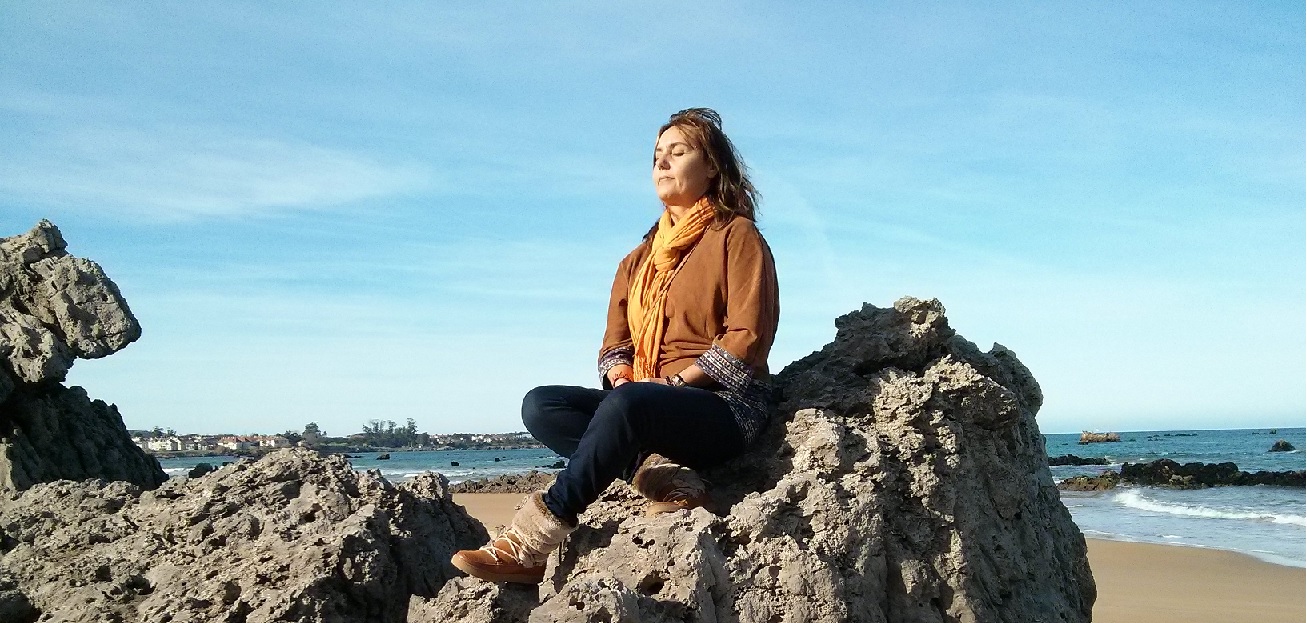
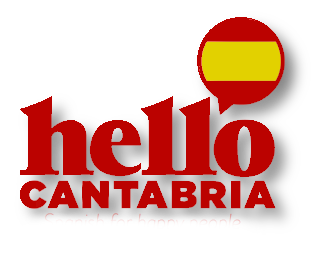

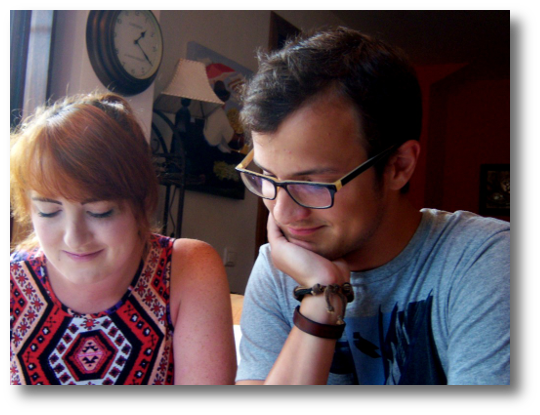
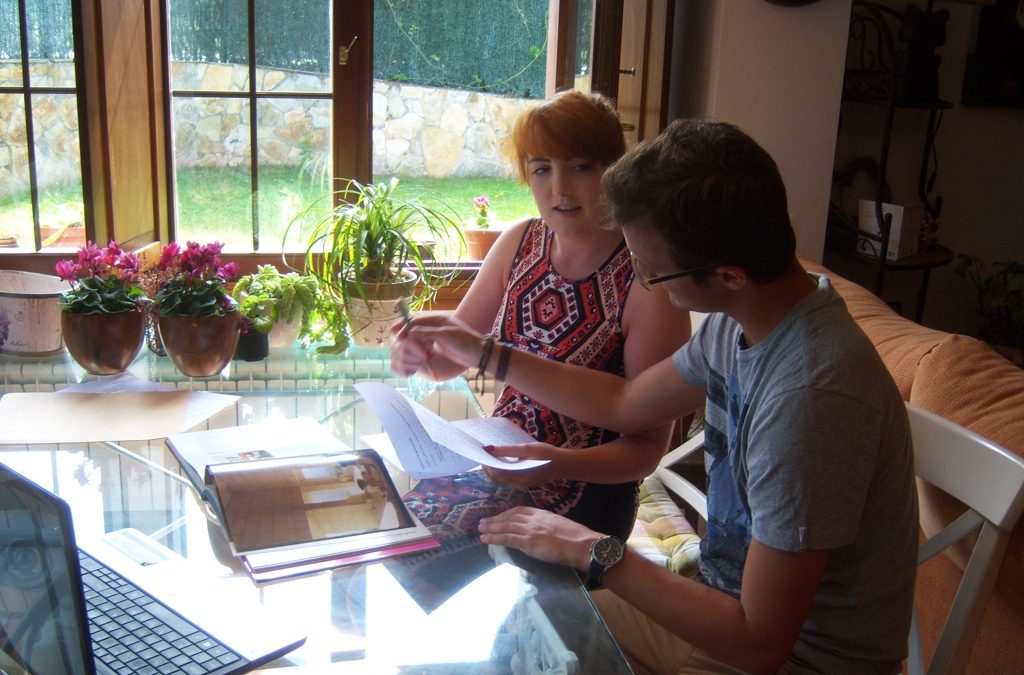
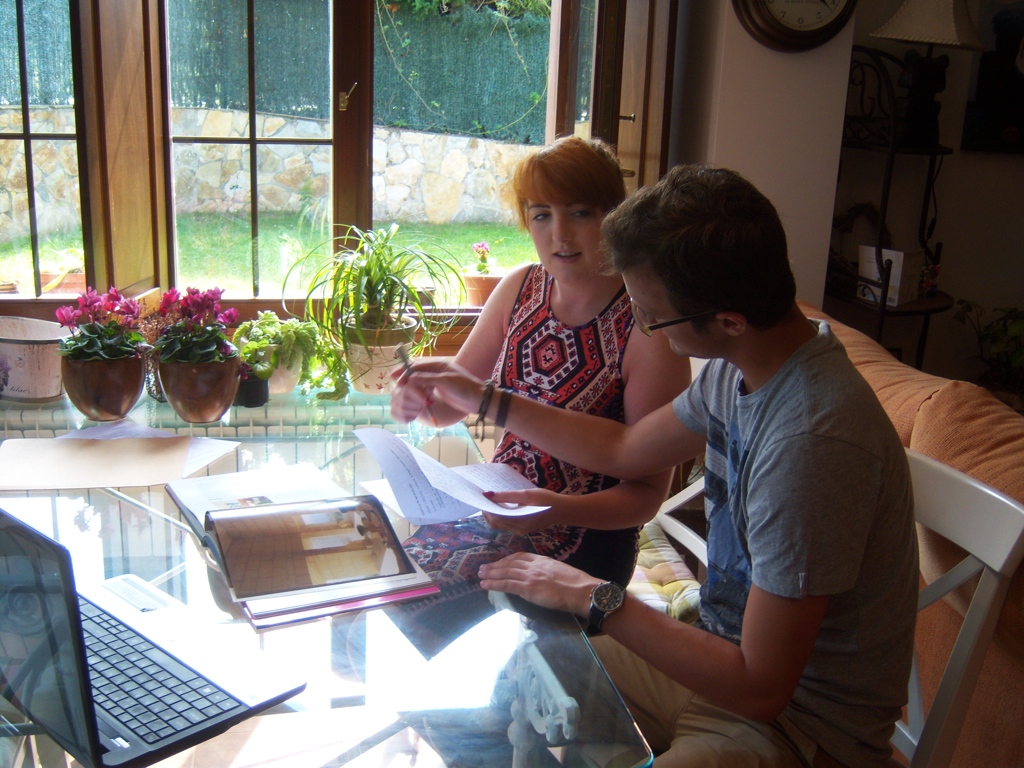



Recent Comments